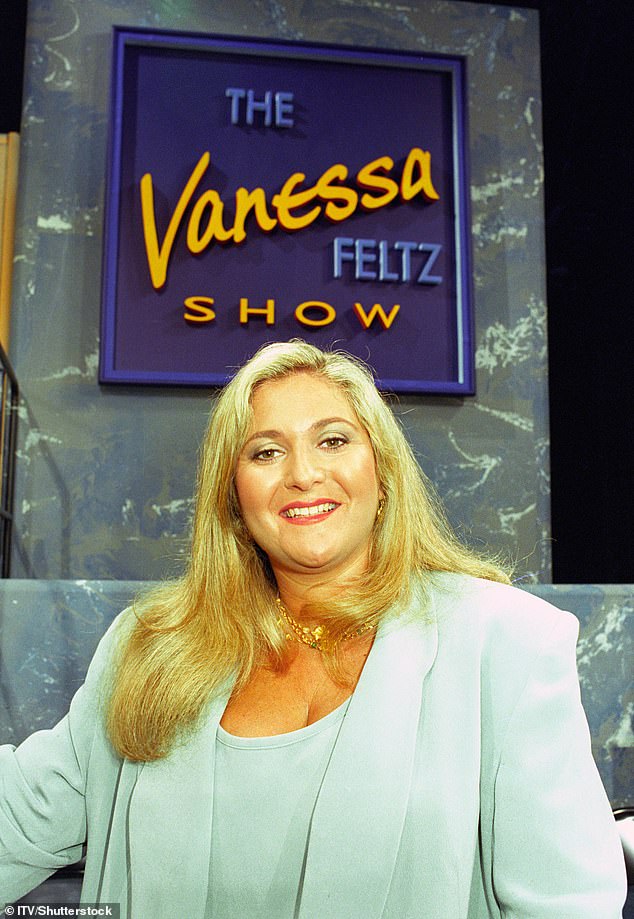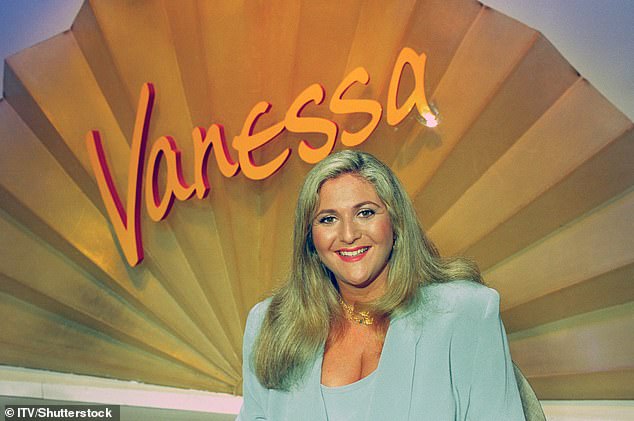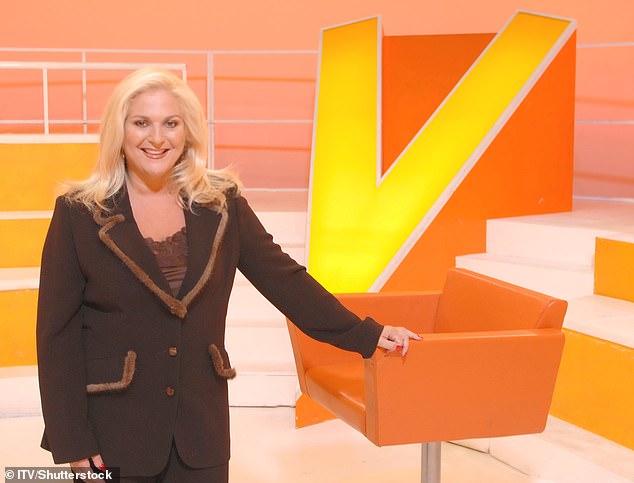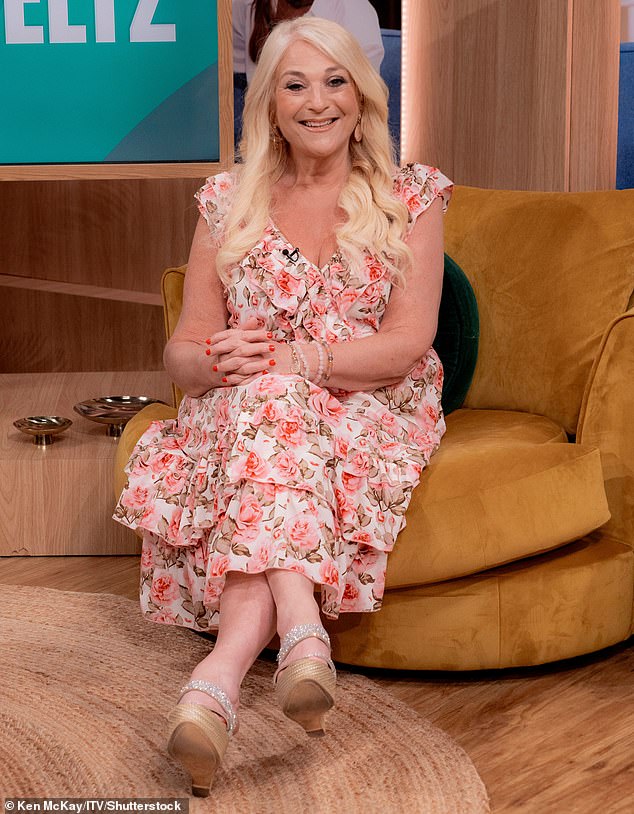Vanessa Feltz claims she wasn’t allowed any input in her own talk shows because of prevailing sexist attitudes – as presenter reveals the one decision she COULD make
She is one of Britain’s most outspoken broadcasters and has been a stalwart of the industry for decades.
But now Vanessa Feltz has revealed that she had no voice or input into her own chat show when it launched on ITV in the 1990s due to sexist views.
The 62-year-old presenter claims the only decision the broadcaster allowed her when Vanessa launched in 1994 was what color she could paint her dressing room.
Feltz, the face and name of the program, said that “men in suits chuckled heartily and ignored me” when she asked if she could be part of the decision-making processes.
She said she had no control over her own show and was called “pet” and “sweetie” by producers, as well as “literally patted on the head.”
Vanessa Feltz has revealed she had no voice or any input into her own chat show when it launched on ITV in the 1990s, due to sexist views

The presenter claims the only decision the broadcaster allowed her when Vanessa launched in 1994 was what color she could paint her dressing room.
“When I became the ‘British Oprah Winfrey’ in 1994 with Vanessa, the first British American-style talk show, I was given no say in the content of my show or who joined the production team,” she said. Yours magazine.
“However, I was asked what color I wanted my dressing room painted, called ‘cap’ and ‘sweetie’, and literally patted on the head.”
She added: ‘When I said I wanted to have some input into the programs being made in my name, the men in suits chuckled heartily and ignored me.’
Feltz became a household name thanks to the show, which ran on the channel for four years before moving to the BBC to present the similar The Vanessa Show in a reported £2.7 million deal.
The show only aired a few months after it was canceled due to a scandal surrounding the use of paid actors as guests.
She said the #MeToo movement has meant that women in the workplace are “gradually beginning to receive the professional respect we deserve and the opportunity to compete on a level playing field with our male colleagues.”
‘But, she said, there is still ‘a very long way to go’ on gender equality across all sectors, with the workplace still ‘full of women who are left on the sidelines.’
She said: ‘In the 42 years I have been clocking on and off, there have been remarkable improvements.’ Female bosses abound and no one is surprised to see female pilots, surgeons, hod carriers or firefighters doing a bang-up job. track.’

Feltz, the face and name of the program, said that “men in suits chuckled heartily and ignored me” when she asked if she could be part of the decision-making processes.

Feltz became a household name thanks to the show, which ran on the channel for four years before moving to the BBC to present the similar The Vanessa Show.
That said, even in 2024 we struggle to get paid as much as men, and the workplace is still full of sidelined women whose potential is thwarted by male bosses who appoint senior staff in their own image.
She added: “I’d like to end on a high note, but I wouldn’t be accurate or fair if I didn’t conclude that we still have a very long way to go.”
Feltz, who parted ways with her long-term partner Ben Ofoedu last year amid claims of infidelity, is currently working for LBC after stepping down from both her BBC Radio shows in 2022.
ITV declined to comment.

Feltz is one of Britain’s most outspoken broadcasters and has been an established figure in the sector for decades
